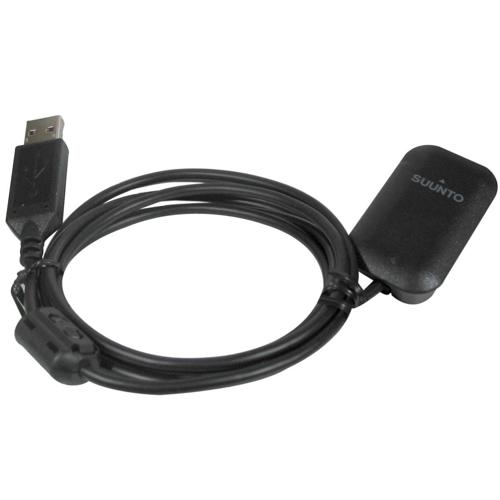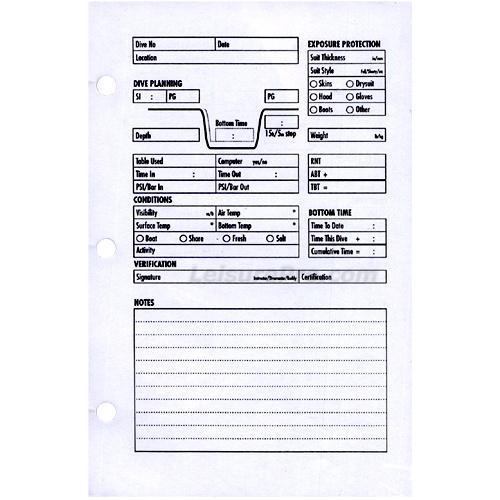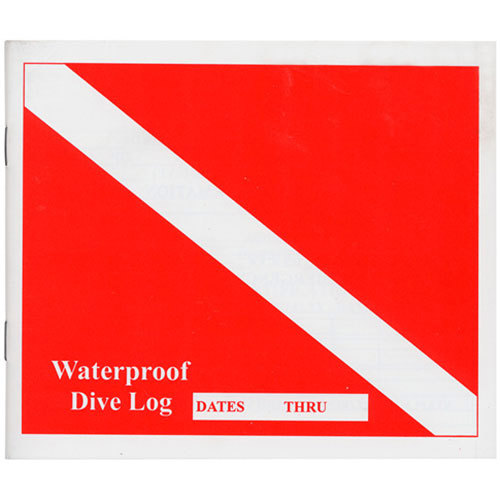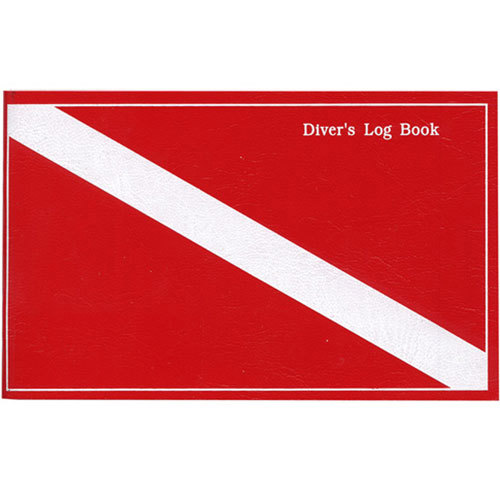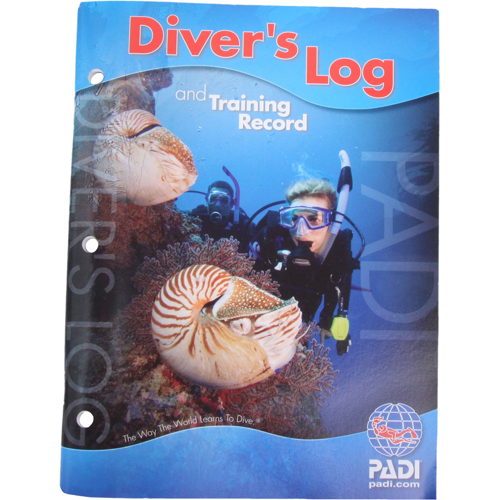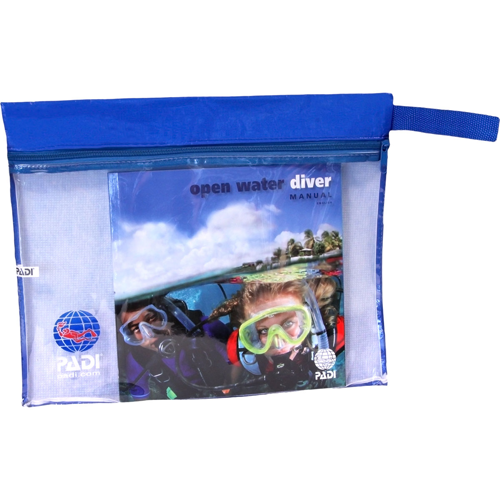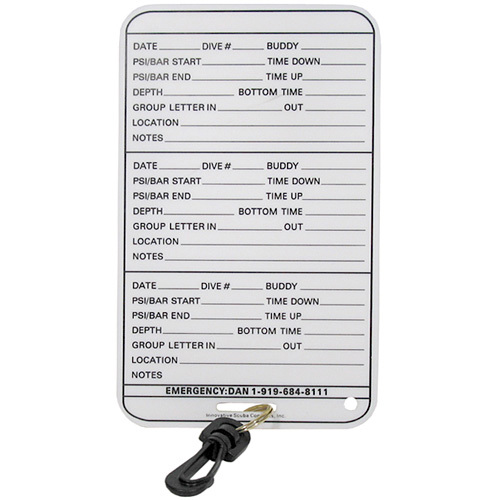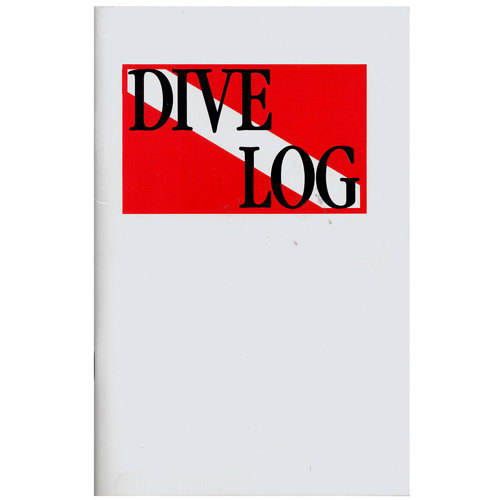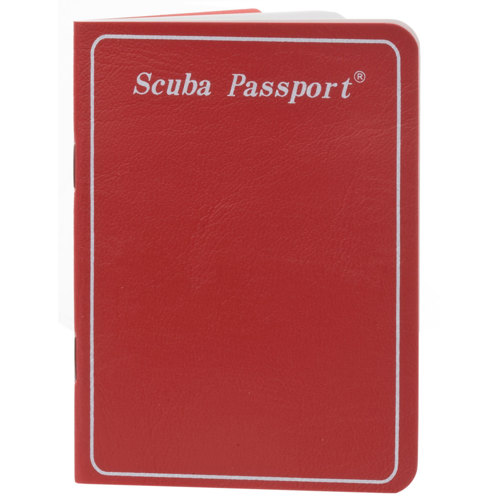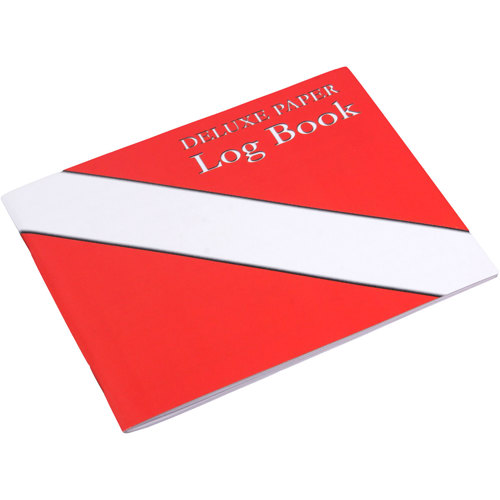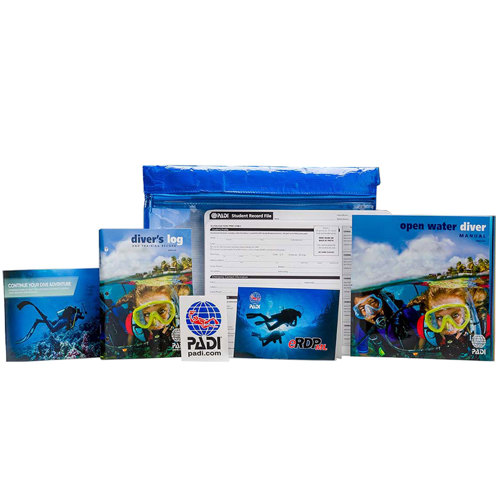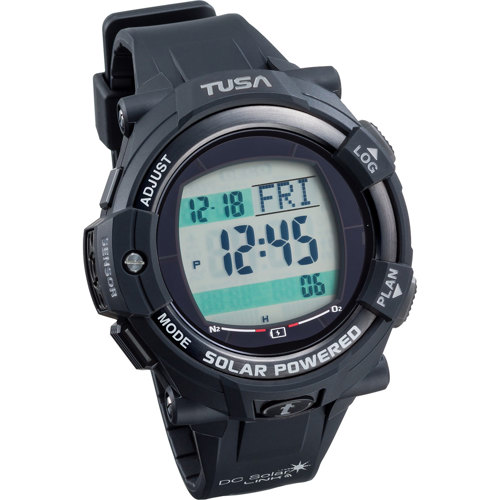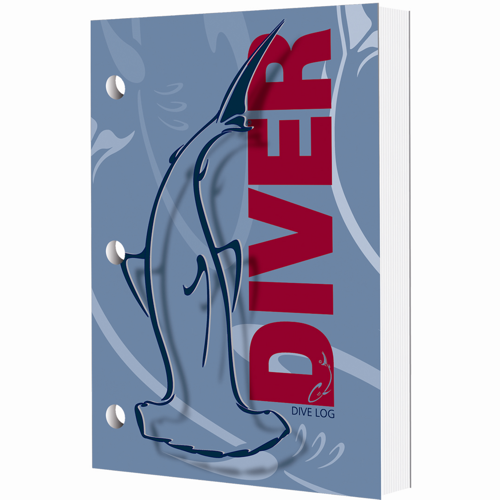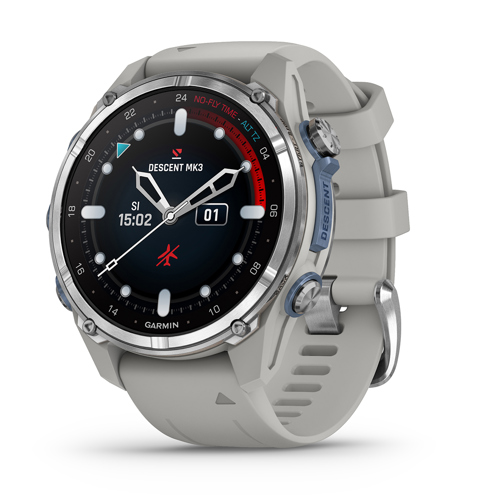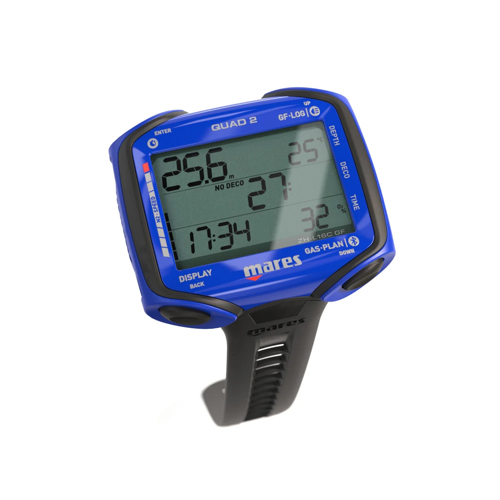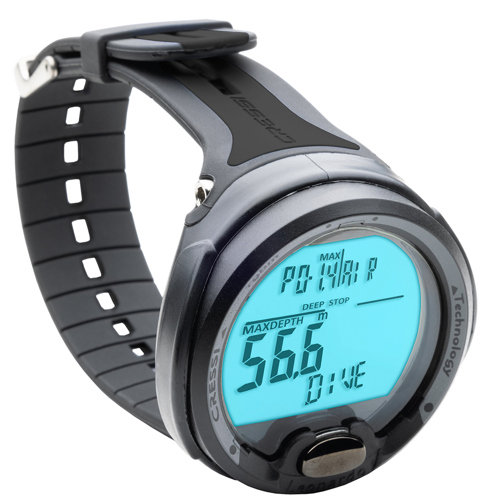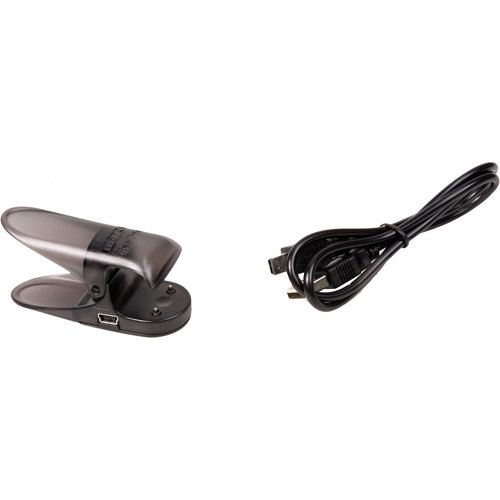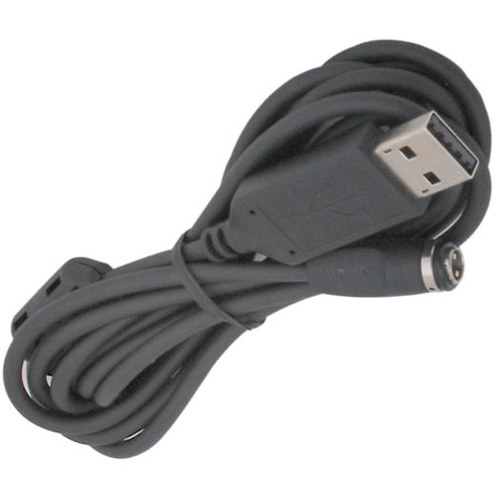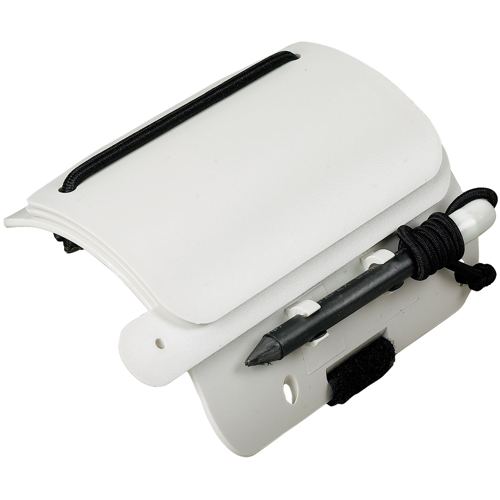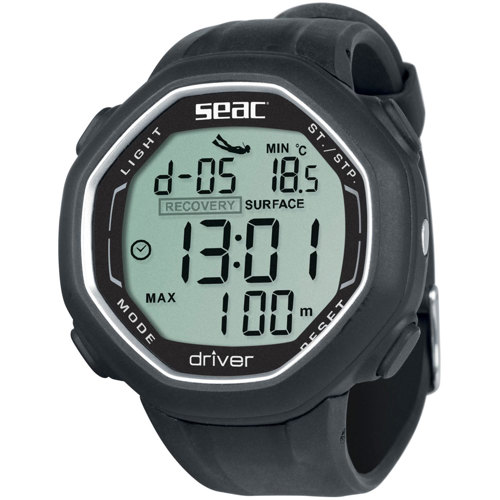For divers, a dive log is more than just a record—it's a personal chronicle of underwater adventures, milestones, and memories. Whether you’re a new diver just beginning to explore the reefs or a seasoned explorer with hundreds of dives under your belt, keeping a detailed dive log is an essential part of the journey. Dive logs are used to document important details such as dive sites, depths, durations, water conditions, and the marine life encountered. This information is invaluable for tracking progress, improving technique, and ensuring safety. Many divers also find joy in jotting down anecdotes about memorable encounters—like the time a curious sea turtle glided alongside them in the warm June currents, or when a school of barracuda flashed silver in the sunlight. These logs become treasured keepsakes, often adorned with sketches, stamps from dive shops, and even pressed pieces of seaweed or sand collected from far-off destinations. For anyone pursuing advanced certifications or specialty courses, meticulous logging is a requirement, as instructors often review previous dives to assess readiness and experience.
Dive logs make thoughtful and practical gifts, especially for newly certified divers who are just starting to build their underwater resume. They’re also perfect for experienced divers who appreciate the tactile pleasure of writing by hand, or for those who prefer the organization and durability of waterproof or digital logs. As summer brings longer days and prime diving conditions, many divers find themselves planning trips to new locations—whether it’s a local lake, a tropical reef, or a historic wreck. A reliable dive log helps keep track of gear adjustments, site conditions, and personal bests, making it easier to prepare for future dives and share experiences with buddies. Instructors and dive leaders often carry logs to record training dives, student progress, and group activities, ensuring that everyone’s achievements are accurately documented. If you’re interested in logs designed specifically for learning and certification purposes, you can find a dedicated selection of
Dive Training Logs tailored to training needs.
Choosing the right dive log depends on personal preference and diving style. Some divers favor compact, waterproof logs that slip easily into a BCD pocket, perfect for jotting notes between dives on a busy boat. Others might prefer a larger binder-style log with room for photos, maps, and detailed notes, transforming each entry into a mini travel journal. Digital options are ideal for tech-savvy divers who want to sync data from dive computers or share logs with friends online. When selecting a log, consider features like page layout, durability, and compatibility with dive computers or apps. For those who travel frequently, a sturdy, weather-resistant cover can withstand the rigors of salt, sand, and sun. Ultimately, a dive log is a reflection of your unique underwater journey—a place to capture the sights, sensations, and stories that make each dive unforgettable. Whether you’re logging your first open water dive or chronicling a lifetime of exploration, the right dive log will help you preserve every moment beneath the waves.
Top Picks For Diving Dive Logs

